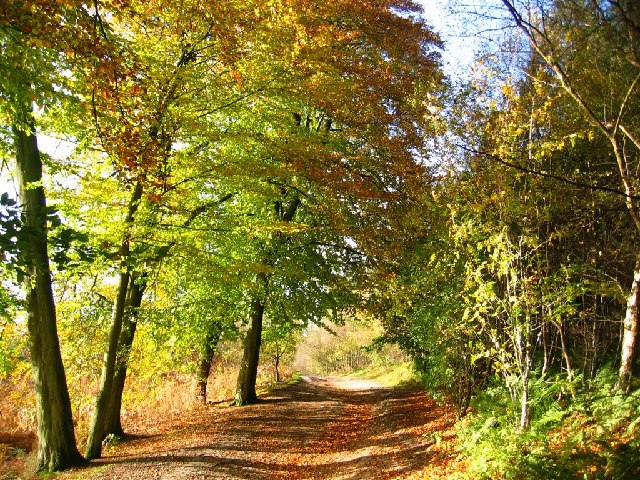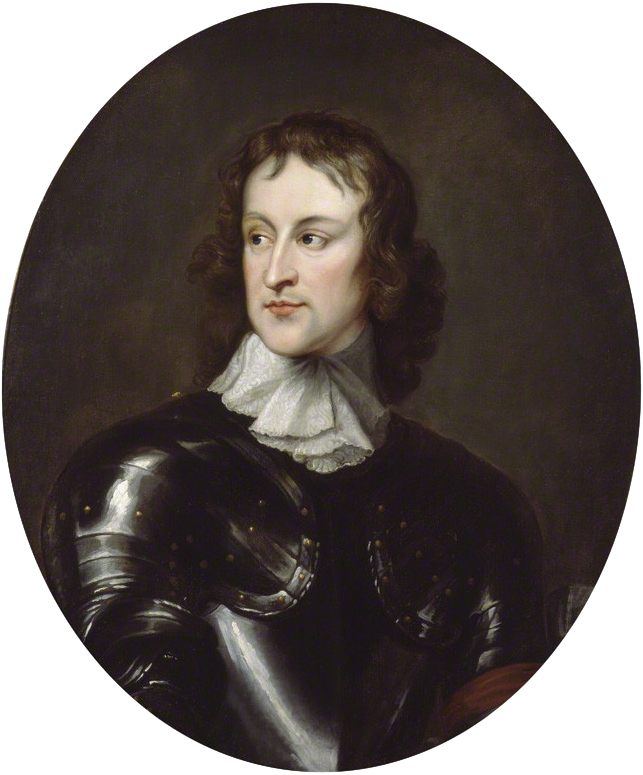Battle Of Winnington Bridge on:
[Wikipedia]
[Google]
[Amazon]
The Battle of Winnington Bridge, often described as the last battle of the
 Booth initially began marching towards
Booth initially began marching towards
 Lambert attacked aggressively, driving in Booth's outposts from
Lambert attacked aggressively, driving in Booth's outposts from
Civil War
A civil war or intrastate war is a war between organized groups within the same state (or country).
The aim of one side may be to take control of the country or a region, to achieve independence for a region, or to change government policies ...
, took place on 19 August 1659 during Booth's Uprising
Booth's Uprising, also known as Booth's Rebellion or the Cheshire Rising of 1659, was an unsuccessful attempt in August 1659 to restore Charles II of England. Centred on North West England and led by George Booth, it took place during the politi ...
, a Royalist
A royalist supports a particular monarch as head of state for a particular kingdom, or of a particular dynastic claim. In the abstract, this position is royalism. It is distinct from monarchism, which advocates a monarchical system of governm ...
rebellion in north-west England and Wales.
During the battle a Parliamentary army of around 5,000 men under the command of General John Lambert John Lambert may refer to:
*John Lambert (martyr) (died 1538), English Protestant martyred during the reign of Henry VIII
*John Lambert (general) (1619–1684), Parliamentary general in the English Civil War
* John Lambert of Creg Clare (''fl.'' c. ...
defeated a rebel army of 4,000 men under the command of Sir George Booth
George Booth, 1st Baron Delamer (18 December 16228 August 1684), was an English landowner and politician from Cheshire, who served as an MP from 1646 to 1661, when he was elevated to the House of Lords as Baron Delamer.
A member of the mode ...
.
Background
The rebels had first mustered under Booth atWarrington
Warrington () is a town and unparished area in the borough of the same name in the ceremonial county of Cheshire, England, on the banks of the River Mersey. It is east of Liverpool, and west of Manchester. The population in 2019 was estimat ...
on 1 August. Booth's rising was part of a larger national conspiracy, led by John Mordaunt, 1st Viscount Mordaunt, to return the exiled Charles II by taking advantage of ongoing political instability in the Commonwealth of England
The Commonwealth was the political structure during the period from 1649 to 1660 when England and Wales, later along with Ireland and Scotland, were governed as a republic after the end of the Second English Civil War and the trial and execu ...
. While the national rising was quickly suppressed, Booth had local success, seizing the city of Chester and attracting 3-4,000 followers. Liverpool
Liverpool is a city and metropolitan borough in Merseyside, England. With a population of in 2019, it is the 10th largest English district by population and its metropolitan area is the fifth largest in the United Kingdom, with a populat ...
and parts of north-east Wales also declared for the rebels.
 Booth initially began marching towards
Booth initially began marching towards Manchester
Manchester () is a city in Greater Manchester, England. It had a population of 552,000 in 2021. It is bordered by the Cheshire Plain to the south, the Pennines to the north and east, and the neighbouring city of Salford to the west. The t ...
, but quickly realised that he was isolated, and turned back after receiving reports that government forces under General John Lambert John Lambert may refer to:
*John Lambert (martyr) (died 1538), English Protestant martyred during the reign of Henry VIII
*John Lambert (general) (1619–1684), Parliamentary general in the English Civil War
* John Lambert of Creg Clare (''fl.'' c. ...
were en route to confront him. While Booth had been a Parliamentarian colonel in the First English Civil War
The First English Civil War took place in England and Wales from 1642 to 1646, and forms part of the 1639 to 1653 Wars of the Three Kingdoms. They include the Bishops' Wars, the Irish Confederate Wars, the Second English Civil War, the Anglo ...
, he was unsure how to respond; he opened negotiations with Lambert, while simultaneously attempting to withdraw to the relative safety of Chester.
Lambert had left London on 6 August, following two infantry regiments that had set out the previous day. By 10th he had reached Coventry
Coventry ( or ) is a city in the West Midlands, England. It is on the River Sherbourne. Coventry has been a large settlement for centuries, although it was not founded and given its city status until the Middle Ages. The city is governed b ...
; on 14th the infantry rendezvoused with cavalry forces at Market Drayton
Market Drayton is a market town and electoral ward in the north of Shropshire, England, close to the Cheshire and Staffordshire borders. It is on the River Tern, and was formerly known as "Drayton in Hales" (c. 1868) and earlier simply as "D ...
in Shropshire. By 15th Lambert and the main army were at Nantwich
Nantwich ( ) is a market town and civil parish in the unitary authority of Cheshire East in Cheshire, England. It has among the highest concentrations of listed buildings in England, with notably good examples of Tudor and Georgian architecture. ...
; a force under Robert Lilburne was marching on Cheshire from the north, while Parliament had ordered a 1,500-strong brigade under Sankey to sail from Dublin
Dublin (; , or ) is the capital and largest city of Ireland. On a bay at the mouth of the River Liffey, it is in the province of Leinster, bordered on the south by the Dublin Mountains, a part of the Wicklow Mountains range. At the 2016 c ...
to Beaumaris
Beaumaris ( ; cy, Biwmares ) is a town and community on the Isle of Anglesey in Wales, of which it is the former county town of Anglesey. It is located at the eastern entrance to the Menai Strait, the tidal waterway separating Anglesey from th ...
and secure the rebel districts' western flank.
Lambert was making directly for Chester, but on receiving information that Booth and a force estimated at 4-5,000 were near Northwich, advanced to cut off the rebels in the area of Delamere Forest
Delamere Forest is a large wood in the village of Delamere in Cheshire, England. The woodland, which is managed by Forestry England, covers an area of making it the largest area of woodland in the county. It contains a mixture of deciduous and ...
. Lambert's rapid advance took the rebels by surprise and only a retreat ordered by Roger Whitley saved them from being overrun. On the evening of 18 August Lambert's scouts made contact with Booth's rearguard in Delamere Forest, but as darkness fell the two armies went into quarters, Lambert in Weaverham and Booth a few miles to the east in Northwich.
The battle
On the early morning of 19th Lambert found that the rebels had drawn up north of the River Weaver. Booth held the river crossing at Winnington Bridge, placing additional skirmishers on its approaches; the majority of his army was positioned on high ground north of the river, protected by steep slopes and a ditch at the base of the hill. Lambert attacked aggressively, driving in Booth's outposts from
Lambert attacked aggressively, driving in Booth's outposts from Hartford
Hartford is the capital city of the U.S. state of Connecticut. It was the seat of Hartford County until Connecticut disbanded county government in 1960. It is the core city in the Greater Hartford metropolitan area. Census estimates since t ...
as far as Winnington Bridge itself. An attack on the bridge by Hewson's regiment of foot met with little resistance; Mordaunt (who was not present) later claimed that of Booth's infantry "some had no match
A match is a tool for starting a fire. Typically, matches are made of small wooden sticks or stiff paper. One end is coated with a material that can be ignited by friction generated by striking the match against a suitable surface. Wooden matc ...
, others no ball", while it was also reported Booth had left most of his stores of powder in Chester by an "absurd mistake". Much of the rebel infantry, commanded by Sir Edward Broughton of Marchwiel
Marchwiel ( cy, Marchwiail) is a village and community in Wrexham County Borough, Wales.
It is about 2 miles south-east of Wrexham city on the A525 road towards Bangor-on-Dee. The community has an area of 1,488 hectares and a population of 1,4 ...
, fled into some nearby enclosures, where Lambert's foot were too tired to pursue them and where the hedges kept them safe from cavalry.
With the bridge cleared, Lambert moved his cavalry up to deal with the remainder of Booth's force. While the steep, narrow lanes leading uphill from the bridge made cavalry operation difficult, Lambert was able to engage the rebel cavalry, who broke and scattered after a brief skirmish. Some accounts (including that of Mordaunt, who suggested the rebel cavalry "trotted away, which is the civilest term") suggest the majority of Booth's troops simply fled, though Lambert himself claimed that "they fought gallantly at the first" and that both sides fought "like Englishmen". The detachment of rebels remaining in Northwich were attacked by government dragoons and fled towards Manchester.
Lambert did not order a pursuit of the rebel foot, supposedly commenting "alas, these are forced and hired". He reported only a single fatality, while 30 rebels were casualties; the most prominent were Captain Edward Morgan of Golden Grove, Flintshire, who was killed covering the rebel retreat, and Thomas Legh, younger brother of Piers Legh of Bruche. About 200 prisoners were taken and held overnight in Northwich church.
Aftermath
Most of the gentry leaders fled, and then surrendered, following the battle. Chester opened its gates to Lambert on 21 August; Liverpool surrendered shortly afterwards, and the remaining parts of Cheshire and Lancashire were back in government hands within a week.Notes
References
* * * * * * * * * * {{DEFAULTSORT:Winnington Bridge, Battle of Plots, conspiracies and insurrections during the Interregnum (England) Conflicts in 1659 Military history of Cheshire